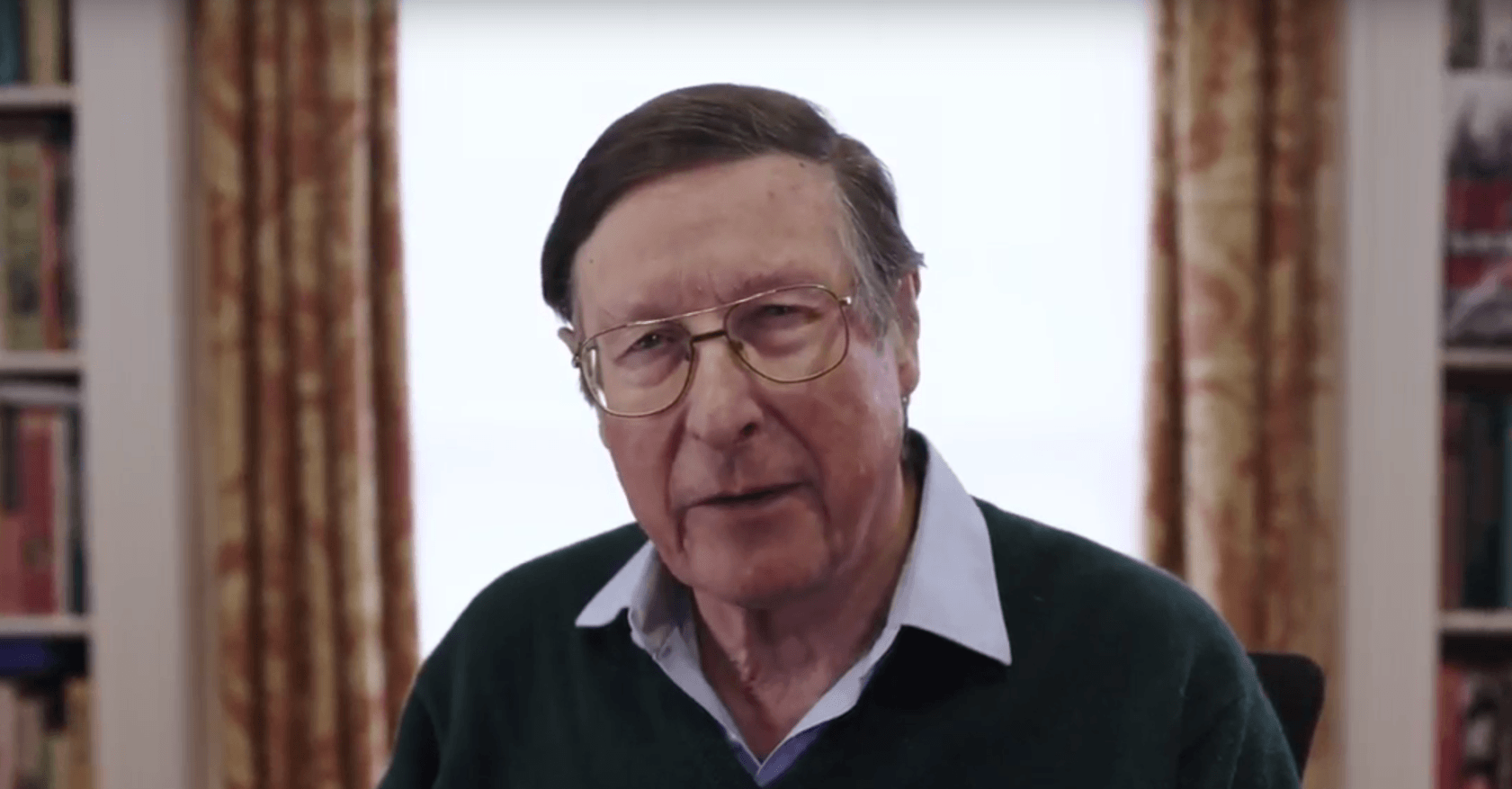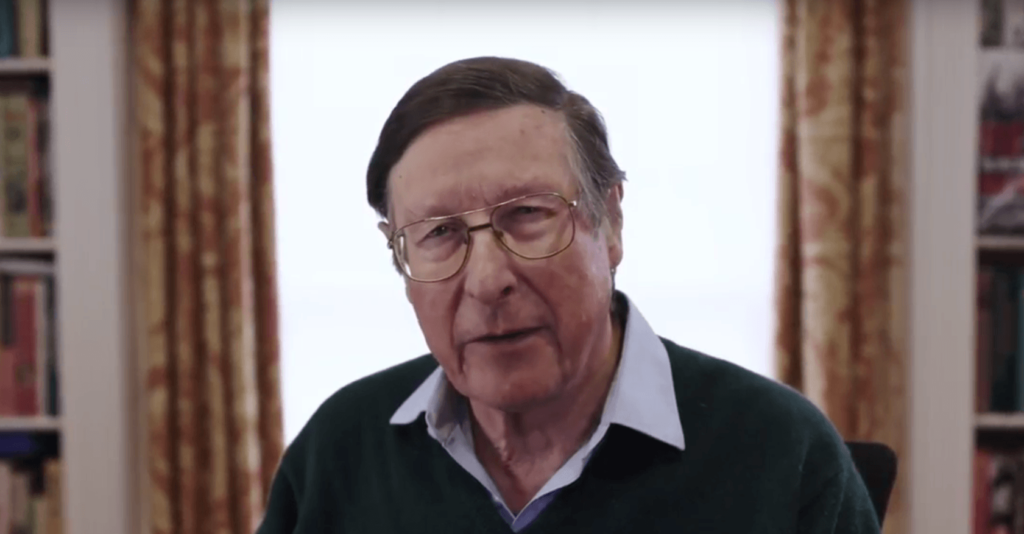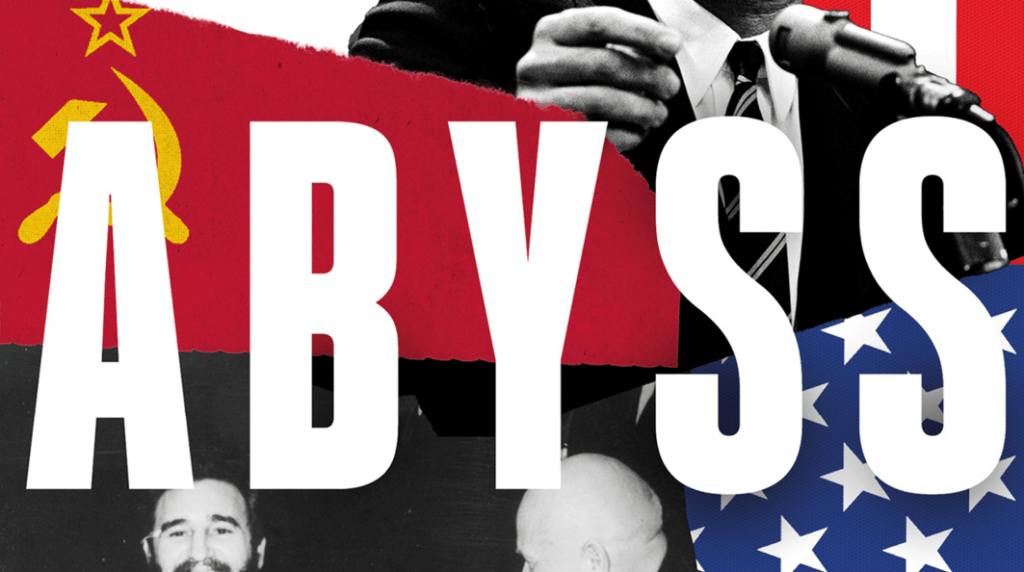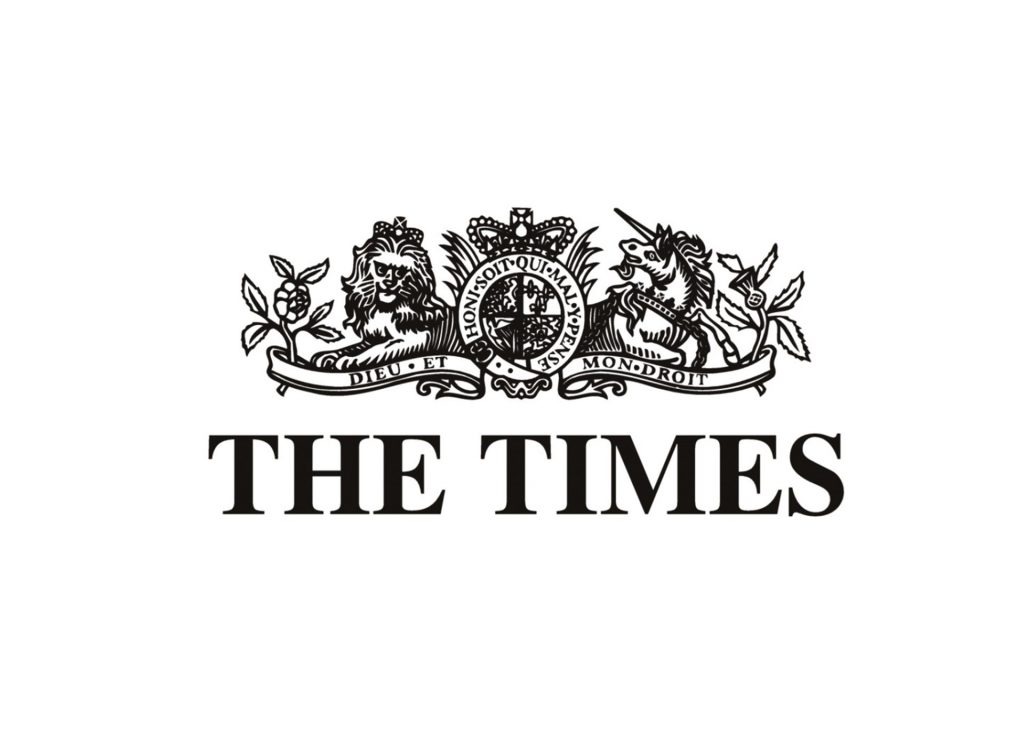What makes military historian Max Hastings keep on writing about the Second World War?
The former Daily Telegraph editor has a voracious capacity for work, rising at 5am and often writing 5,000 words a day. His new book, All Hell Let Loose, runs to 675 pages.
By Elizabeth Grice
Rumours abound that Sir Max Hastings writes 2,000 words before breakfast. That feat inspires the kind of awe in more slothful writers that he himself has for Churchill’s ability to recite long extracts from Macaulay’s Lays of Ancient Rome across the dinner table at Chequers.
Is it true? “Probably apocryphal,” he huffs, while proceeding to give an account of his labours that makes 2,000 words before breakfast seem like the literary equivalent of a few stretching exercises.
The prolific historian and sometime editor of The Daily Telegraph rises at 5am, or as soon as it is light, and incubates ideas while walking his two dogs, Stanley and Jasper. In the morning, he writes history, most recently All Hell Let Loose, 700 pages of utterly compelling stuff about what it was like for ordinary people to live and fight through 1939-1945 – and in the afternoon he switches to journalism, knocking out 1,800 words of informed punditry – or “rant” – by 6pm. “I love that edge, that adrenalin rush you get,” he says. “The moment I’d start to mind about getting older would be when I thought I couldn’t do it.”
He is so confident of his ability to meet deadlines that between these two furious assaults on his keyboard, he has a snooze. “I am old enough now [65] to admit to having a sleep after lunch. I wake up and it’s almost as if the day were starting again. I would be miserable if I went to bed without having written 1,000 words about something.”
Writer’s block is completely unknown to him. The blank screen is his seductress. His friend and fellow historian Antony Beevor says Hastings approaches his computer keyboard with the élan of a concert pianist at the piano. “It is an amazing performance. He plays the piece and doesn’t stop till the end. I am full of jealous admiration.”
The two men found themselves writing histories of the Second World War at the same time. “I’m sure you’ll sell more copies,” Hastings told his rival, “but I’ll beat you to the deadline.” He did.
On a recent Black Sea cruise (where, of course, he was lecturing), Hastings received a mass of material from the Vienna national archives from his German researcher. In a quiet moment in his cabin, he reworked the raw material into a polished chunk of book and stored it on his memory stick. “It’s all about focus, about planning,” he explains. “Once I get going, on a good day I can write 5,000 to 6,000 words. It’s miraculous how much easier the computer has made my sort of work.”
That is over-generous to technology. Hastings’s greatest asset is a brain as big as the dome of St Paul’s that can process information at phenomenal speed after one reading. There is no army of helpers. His military histories are exhaustively researched – but how, exactly, is a mystery because when he is not writing a book he is reading them (three or four a week), meeting the high-ranking soldiers and policymakers who keep him in the loop for his newspaper columns or fishing, shooting grouse or gardening. (“When I am fishing, I think quite a lot about the fish, but I also think about the book I’m writing.”)
It hardly seems fair that he should have a life as well. Yet there is a symbol of his improbably well-rounded existence standing half-finished at the bottom of his garden in west Berkshire: a Wendy house he is building for his grandchildren. His wife, Penny, says she watched him for hours, slowly feeding logs into a fire when he was clearing the ground for its construction. Not a study in patience, but a man working out his next chapter.
Lanky as a Quentin Blake figure, russet-faced and still with a full head of unruly hair, Hastings seems contentedly uxorious these days and considerably less intimidating than he used to be. “I sometimes fancy that Penny would prefer to have lived through the Second World War than to read any more books about it by me,” he observes drily.
“She finds it a bit tough sometimes and says I drive all her friends away. If I’m in the thick of it and thinking like mad about the Battle of Kursk in 1943 and the phone rings, I don’t quite say: ‘State your business’, but as soon as I discover it’s not a newspaper, I’ll say: ‘How nice to talk to you. I’ll give her your message. Goodbye.’ I feel rather ashamed about that, but it’s difficult to pay attention to social chat in the middle of writing about a battle.”
Penny tells him he’s a public menace on the road when cycling in London (they also have a house in Fulham) because he looks so comic. People are distracted by the sight of his enormous frame propelling a sit-up-and-beg bicycle.
“He is potty about her,” says a friend, “and rightly so. He was in love with her years ago, then they went their separate ways. He’ll say: ‘If only we’d married back then,’ and she’ll say: ‘No, you were insufferable then.’ ”
Hastings was destined either to write or to blow himself up. His childhood was characterised by attention-seeking exploits involving gunpowder. At school, he was considered unfit even to be a class monitor. His eccentric father, Macdonald Hastings, self-styled “man of 50 faces” was an author, journalist, television presenter and adventurer.
“I realised he was bonkers,” he says, “but I was devoted to him. Even now, when I catch a salmon or write a book, I think of the pleasure it would have given him to see me do it.” He is not so kind about his absentee mother, the distinguished columnist Anne Scott-James, who commented when he received his knighthood: “I suppose Roy [Jenkins] fixed it for you.” He wrote woundedly: “All that was lacking between her and me was love.”
Hastings abandoned Oxford after a year and went on to report from 11 war zones, both for newspapers and the BBC. During the Falklands war, he was the first reporter into Port Stanley, ahead of the Paras, which he describes as a “boring old-fashioned scoop” and an act of necessary journalistic selfishness. “When I looked up the road to Port Stanley, I thought: if I can walk up that road and live, I can bore everyone to death for the next 30 years with it – which indeed I have. I don’t think we deserve any admiration for being that way, but a strong streak of egotism is essential to journalists.”
Briefly, he was in the TA Parachute Regiment and some of his military friends flatter him that he should have stayed. “I would have been a disastrous soldier,” he blusters. “I am too tall and badly coordinated. My left foot has never really known what my right arm was doing. And I am chronically resistant to discipline. I certainly wouldn’t be close friends with any generals today if I had stayed in the Army.”
Hastings is very good at wryly putting himself down before anyone else has the chance to do so.
In his uproarious and touching memoir, Did You Really Shoot the Television?, he says of his father: “He admired women, and they were often attracted to him. But he lacked the slightest notion about how to treat them as human beings, or else was too selfish to learn, a vice which some claim can be hereditary.” A typically graceful acknowledgement of his own former ineptness with women.
“He pre-empts criticism brilliantly,” says Beevor. “It’s hard to be hard on Max when he’s so endearingly critical about himself.”
A former newspaper executive recalls taking him to task, as editor, for being partisan in dealing with two reporters who came to him with similar requests. Hastings absorbed the criticism, looked up and demanded: “Are you trying to destroy my reputation for capricious decisions?”
In 1999, the eldest of his three children, Charles, aged 27, jumped from the sixth floor of a hotel in southern China, an event which he has only ever discussed obliquely. “It reminds you in the most terrible fashion that you should never make the mistake of believing you have got life cracked,” he says. “No matter what success you have and regardless of why it happened, there’s always a sense of failure.”
He has been writing military history for three decades, but the latest book is a new departure. It concentrates on “the voices of little people rather than big ones” and the very different nature of battlefield experience from nation to nation. “I’m not sure there is really such a thing as military history any more. I don’t think people care which division went which way. They want to understand what it was like to be there.”
His agent of 30 years, Michael Sissons, says Hastings’s achievements are all the more staggering because he made “such a spectacular hash” of his education. “He never takes his success for granted, which is both endearing and useful in such a fragile profession.” He adds: “Max is one of those people you’d want to be in the trenches with.”
Hastings admits he would once have relished shaking up the BBC – “a self-serving organisation run chiefly for the enrichment of its senior executives and a few stars” – but he says it’s too late for a front-line job and besides, life is too much fun.
“It’s rubbish to say that being young is the happiest time of your life. There’s always terrible self-doubt – will she, won’t she? – and all those dreadful struggles. The age I am now is much the happiest I have ever known because the fighting has stopped. I’m doing what I love.”




